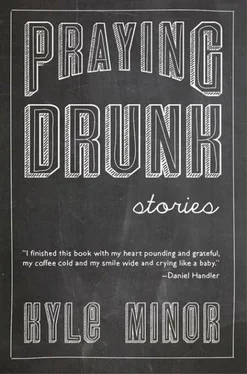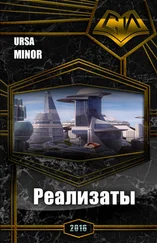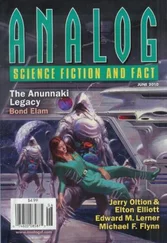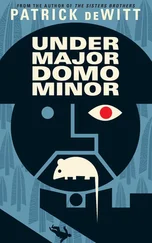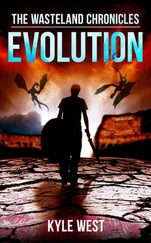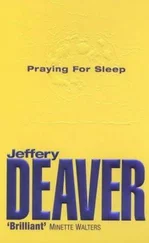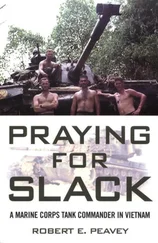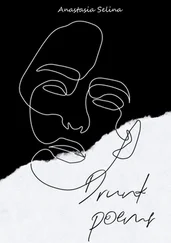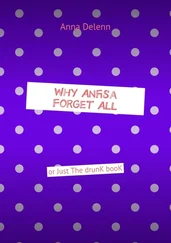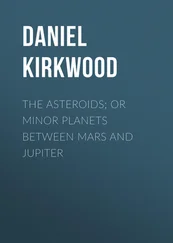It was pure joy, watching him lift that axe and drive it into that piano. Up until then his head was always in books or that damn computer. Dead trees, I’d tell him, got not one thing on milkweed and sumac, horsemint and sweet William. But now I wasn’t so sure, and now he’d caught on. “It’s what you do with the dead trees,” he said, like he was reading my mind.
I don’t know what came over us after that, and it’s not enough to blame it on our getting into the whiskey, which we did plenty. Penny had a old collection of Precious Moments figurines handed down from her own mama and grandmom. Children at a picnic, or playing the accordion to a bunch of birds, or hands folded in prayer, and nearly every little boy or girl wearing a bonnet. At first Danny said we ought to shoot at them — we had everything from assault rifles to a old Civil War service revolver that I’d be afraid to try firing — but then one Tuesday morning — by now it was November, and the old dog pens were near snowed under — he found some of the yellowjackets I had caught in glass Mason jars and forgot about. He found them dead in there and I saw him looking at them and he saw me watching but didn’t say anything, just went upstairs and came down with my old orange tacklebox, which was where Penny kept her scrapbooking things.
“You gonna scrapbook those yellowjackets, buddy bear?” I said.
He said his plan was to shellac them. He couldn’t near do it right, and I said, “Here, let me show you how,” and showed him how to thin the shellac with turpentine and dab it on soft with the paintbrush bristles, which was something I knew from when things were better with Penny and I’d help her with her scrapbooks just so we could sit with our legs touching for a while.
He got good at it fast, and then we caught more yellowjackets and did what Danny had in mind all along, which was shellac them stiff, wings out like they were ready to fly, and set them on the Precious Moments figurines in a swarm.
After a while that stopped being fun, and it kind of took the shock away when every Precious Moment in the house was swarmed like that, plus we were running out of yellowjackets. “We got to get more minimal,” Danny said, and I could see what he meant. It’s like when I served my country in the African wars. You get to see enough dead bodies and after a while you get used to seeing them, and then you see another and it don’t mean one thing to you. But you run into one little live black girl with a open chicken-wire wound up and down her face and maybe three flies in her cut-up eye, that gets to you.
So after that, we got strategic. We’d put three yellowjackets right by a brown marbly eye, eye to eye. Or one, stinger first.
Nobody but us had got to see what we had done to the Precious Moments until a few days later when Benny Gil, our postman, came by with the junk mail, and Danny saw him and invited him in for a glass of water, and he saw what it was we were doing with the wasps, and he said, “Son, that’s sick,” but he was smiling when he said it, and it was then I knew he was a person who could be trusted. Up until then, he’d always been asking about my methadone, which I got regular from the pharmacy at St. Claire’s Hospital in town, on account of my back pain. He wanted to get some off me because he could trade it for other things he wanted.
This day I asked him, “Why is it nobody writes letters anymore?”
“It’s a general lack of literacy,” he said, and we started laughing because everybody knew that wasn’t why.
“It’s the government,” Danny said, but he was just repeating what he always heard me say, and I wished he wouldn’t get so serious in front of Benny Gil.
“They’re spying,” Benny Gil said, “listening in on us right now,” but he wasn’t serious.
“Best be careful,” I said, because now was a time to keep it light. “Benny Gil here is on the government teat.”
Benny Gil took a sip of his water and smiled some more. “That one,” he said, “and maybe a couple two or three others.”
Danny caught on. “It’s you we saw across the creek there, in the tall grass.”
“I been watching,” Benny Gil said. He leaned back in the wooden chair, put all his weight on the back two legs. I could see by the look on Danny’s face he was still thinking about how Penny would say not to lean back like that because it could put another divot in the wood floor, which was the kind of not important thing Penny was always worried about. There was a thousand or more divots in the wood floor, and by now another one just added a little extra character.
Benny Gil leaned forward again, put his elbows on his knees so his face was closer to mine. “I know where Penny can be found,” he said.
Danny’s ears perked up at that.
“She wants to be found,” I said, “and I don’t care to find her.”
“Irregardless,” Benny Gil said.
“Where is she?” Danny said, and I shot him a look.
“Maybe,” Benny Gil said, “me and your dad ought to go out back and have a smoke.”
Danny watched us through the window, and I wonder what it is he was thinking and wonder to this day whether whatever it was he thought had anything to do with what he did later. Surely he saw something changing hands between me and Benny Gil, and he must have seen us shaking hands, too.
What he didn’t hear was Benny Gil saying, “God didn’t invent thirteen-digit zip codes for nothing,” or me saying, “How many?” or him saying, “Sixteen,” or me talking him down to six. Six, I could spare, by careful rationing, and by grinding the white pills into white powder with my pocketknife, and snorting them instead of swallowing, which meant I could stretch out the supply until it was time for a new scrip.
Danny didn’t hear any of it, but maybe he knew something of it, because after Benny Gil left, he said, “You get to hurting again, I know somebody who can get you what you need.”
“Who?”
“Ben Holbrook,” he said.
“That’s the case,” I said, “I don’t want to hear of you talking to Ben Holbrook ever again.”
I meant it when I said it, but the problem was the methadone got better after I started grinding it up, and once I knew how much better it could get, I had a harder time rationing it, and ran out a week early.
Believe me when I say I know a thing or two about pain. I was wounded twice in Liberia, and got radiation poisoning from the Arabs in Yemen. Once in Minnesota I split a fourteen-point buck in half on a old fossil fuel motorcycle and broke nearly every bone in my body and knocked one eye crooked, and it stayed that way until I could afford to get it fixed. But, son, you don’t know pain until you get what I got, which is a repetitive stress injury in my back from solar panel installations up there on roofs in the heat or the cold. So when the methadone ran out, I forgot about what I said before, and told Danny maybe if he knew somebody he ought to give him a call.
Ben Holbrook was a skinny son of a gun, no more than maybe eighteen years old, pimple-faced, head shaved bald so you could see its lumps. Money was not a problem for us. Benny Gil wasn’t the only one on the government teat, he just had to work for his. Still, I didn’t like the way this bald zitty kid came into our house thinking he was the only one who could set prices in America.
“Who do you think you are,” I said, “Federal Reserve Chairman Dean Karlan?”
He was cool as a cucumber. “Supply and demand,” he said, “is the law of the land in Kentucky, U.S.A.”
Much as I didn’t like it, I knew he was right, and I paid what he asked, which was considerable, and he handed over three brown-orange plastic bottles, which was supply enough for my demand and then some.
Читать дальше
